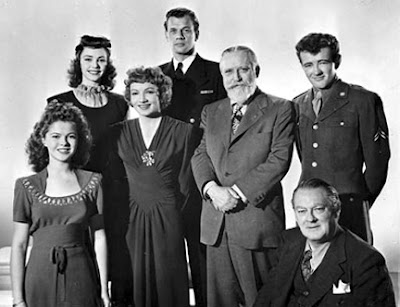 |
| Jeff Bridges and Arnold Schwarzenegger |
Stay Hungry (1976) stars Jeff Bridges as Craig Blake, a young businessman in Birmingham, Alabama whose been given the task to buy out the last remaining stronghold in a planned development project: a gym. Craig lives in a relatively abandoned mansion, one he inherited from his recently deceased parents, along with his butler William (Scatman Crothers). He's a wealthy Southern boy with too much time on his hands. He starts hanging around at Thor Erickson's (R.G. Armstrong) gym and gets to know the characters who inhabit the place. There's Joe Santo (Arnold Schwarzenegger), Thor's prized athlete who is competing for a Mr. Universe title. Then there's Franklin (Robert Englund) the grease man and a member of the gym's entourage along with meat-head Newton (Roger E. Mosley). Then there are the two lady trainers, Anita (Helena Kallianotes) the bad-ass karate instructor and Mary Tate Farnsworth (Sally Field) the free-spirited aerobics instructor. Mary Tate is dating Joe who doesn't mind that she moves on from him to Craig. Or maybe not? It's difficult to tell who is with who as the romantic dynamics shift a lot. Craig attempts to bring his new friends into his world of country club cronies which includes his other girlfriend Dorothy (Kathleen Miller) and rival Lester (Ed Begley Jr.). He doesn't quite realize that his two worlds will inevitably clash. He's stuck between two very different existences and must learn to leave the gentile Southern life behind and embrace his true self.
 |
| Sally Field and Jeff Bridges |
Stay Hungry is a strange and problematic film. Many scenes were unconventional for the sake of being unconventional. This is something characteristic of many films from the era. With fewer restrictions and the Hays Code long dead and buried, filmmakers were game for experimentation.
Things you'll see in this film: Arnold Schwarzengger playing a fiddle, Schwarznegger working out in a Batman costume, Sally Field in her only on-screen appearance in the buff, an attempted rape, a bunch of scantily clad bodybuilders running through the city streets, 5 bodybuilders on top of a bus (see below), a drug-fueled fight including gym equipment, and more.
Vincent Canby of The New York Times said in his 1976 review, "[Stay Hungry] pretends to be more eccentric than it is and to have more on its mind than it actually does." This is pretty much spot on. So much of this film felt forced. Stay Hungry gets in its own way. At its heart this is a movie about being true to yourself and pursuing your passion. I loved the juxtaposition of Joe and Craig's characters. Craig is held back by the Blake name and the country club culture he grew up in. Joe attaches himself to nothing but what he wants to do. He feels no connection to a name nor does he want to be tied down in a relationship. I particularly liked this quote from the film as spoken by Joe Santo:
"I don't want to be too comfortable. Once you get used to it it's hard to give up. I'd rather stay hungry."
A whole movie can be made from this one quote. Stay Hungry tried to do that but didn't quite get there.
I came to this movie because of my absolute love for the bodybuilding documentary Pumping Iron starring Arnold Schwarzenegger and Lou Ferrigno. Charles Gaines who wrote the novel Stay Hungry and adapted the story to film also worked on Pumping Iron. What saved Stay Hungry for me was that one glorious quote and all the bodybuilding scenes. I could cut out the rest of the movie and watch a much shorter version and be perfectly happy.
Stay Hungry is available on Blu-Ray from Olive Films.
Thanks to Olive Films for sending me the movie for review!
















